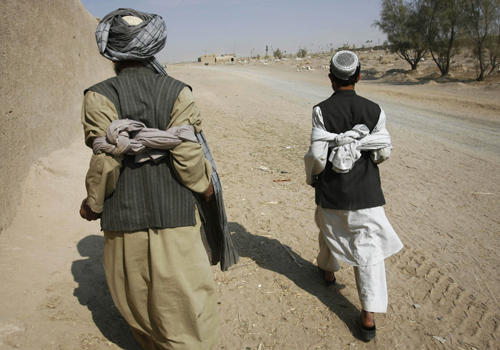Purpose
2. (1) The purpose of this Act is to extend
the present laws of Canada to provide a right of
access to information in records under the control
of a government institution in accordance
with the principles that government information
should be available to the public, that necessary
exceptions to the right of access should be limited
and specific and that decisions on the disclosure
of government information should be reviewed independently of government.
***
"After I had been confirmed as federal Information Commissioner, I met with the former Commissioner, John Grace, to get his advice. One thing he said struck me in particular; he said that in his seven years as Privacy Commissioner and eight years as Information Commissioner (a total of 15 years spent reviewing the records which government wanted to withhold from Canadians) he hadn't seen a really good secret. My experience is much the same over the first year of my term. For the most part, officials love secrecy because it is a tool of power and control, not because the information they hold is particularly sensitive by nature."
***
Info Commissioner unveils strategy to investigate national security exemption claims
Undaunted, it seems, by the government's move to impose a half a million dollar involuntary budget cut on her office
despite her plea to be spared the deficit-cutting axe, Information
Commissioner Suzanne Legault has launched a new process to deal with
the increasing number of access complaints sparked by exemption claims
related to national security and international affairs.
Special Delegation Investigative Strategy
The Office of the Information Commissioner (OIC) has initiated a strategy to streamline the process of investigating "special delegation" complaints. Special delegation complaints involve the application of subsections 13(1)(a), 13(1)(b) and/or 15 of the Access to Information Act. We are currently focusing on the investigation of complaints involving the application of subsection 15(1). The goals of this approach are two-fold:- to investigate special delegation files efficiently and effectively in a consistent manner, in accordance with jurisprudence, that promotes access to information where disclosure would not injure the public interest; and,
- to create an environment of open dialog between the OIC and government institutions that promotes the timely resolution of complaints.
"After I had been confirmed as federal Information Commissioner, I met with the former Commissioner, John Grace, to get his advice. One thing he said struck me in particular; he said that in his seven years as Privacy Commissioner and eight years as Information Commissioner (a total of 15 years spent reviewing the records which government wanted to withhold from Canadians) he hadn't seen a really good secret. My experience is much the same over the first year of my term. For the most part, officials love secrecy because it is a tool of power and control, not because the information they hold is particularly sensitive by nature."
- John Reid, 1999















